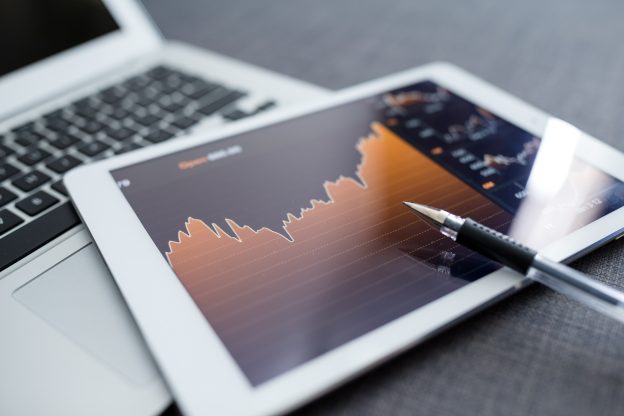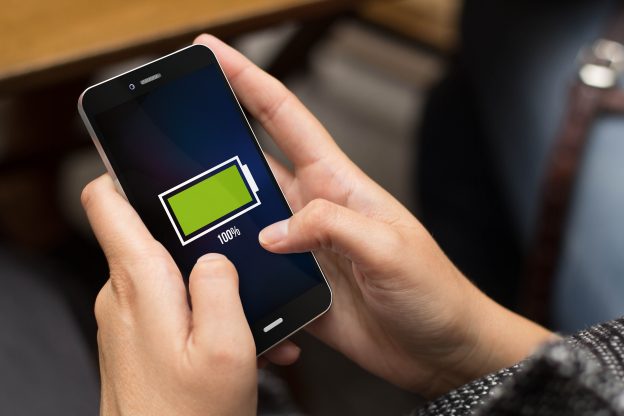Currently, ternary batteries and lithium iron phosphate (LFP) batteries are the two mainstream technologies in electric vehicle power batteries. Due to cost advantages, the market share of LFP batteries has steadily increased, surpassing ternary batteries in July 2021.
Major companies like CATL and BYD are investing heavily in LFP battery development, with new technologies and products driving higher adoption rates. According to Goldman Sachs, LFP batteries will account for 36% of the EV battery market by 2025, up from 22% in 2020.
China produces over 90% of global LFP batteries, with leading companies such as CATL, BYD, EVE Energy, Gotion High-Tech, CALB, and SVOLT having a strong global presence.
In the first four months of 2024, China's LFP battery installations reached 79.8 GWh, accounting for 66.1% of the market, while ternary batteries accounted for 33.8%. The growing demand for LFP batteries is driving significant investment from battery manufacturers.
Recently, the ACC joint venture between Mercedes and Stellantis paused its European EV battery factory project to consider shifting to LFP batteries due to their lower cost. Companies like Sunwoda, SK On, and Nissan are also adjusting their production strategies to include LFP batteries.
Major automakers like Tesla, Volkswagen, GM, Ford, and battery giants Samsung SDI and LG Energy Solution have clear investment plans for LFP batteries.
As more companies invest in LFP batteries, their adoption in vehicles is accelerating. CITIC Securities predicts that by 2025, LFP batteries will hold a 43% share in the EV battery sector and an 85% share in the energy storage sector.
On April 25, CATL launched the Shenxing PLUS, the first LFP battery with a 1000 km range and 4C fast charging, achieving an energy density of 205 Wh/kg. On May 15, NIO introduced its sub-brand "Le Tao," which uses BYD's LFP batteries. BYD is also developing a second-generation blade battery system expected to launch in August 2024 with an energy density of 180-190 Wh/kg.
As LFP battery technology improves and costs decrease, the price of LFP-powered electric vehicles is expected to become more competitive with traditional gasoline vehicles. Experts believe that LFP batteries, with their performance nearing that of ternary batteries and a cost advantage of 20-30%, are poised for global adoption, including in European markets.
In conclusion, the competition between ternary and LFP batteries will continue, with high energy density, fast charging, safety, and low-cost batteries likely to capture more market share and drive faster development of all technological routes.
Source:Battery CBU






